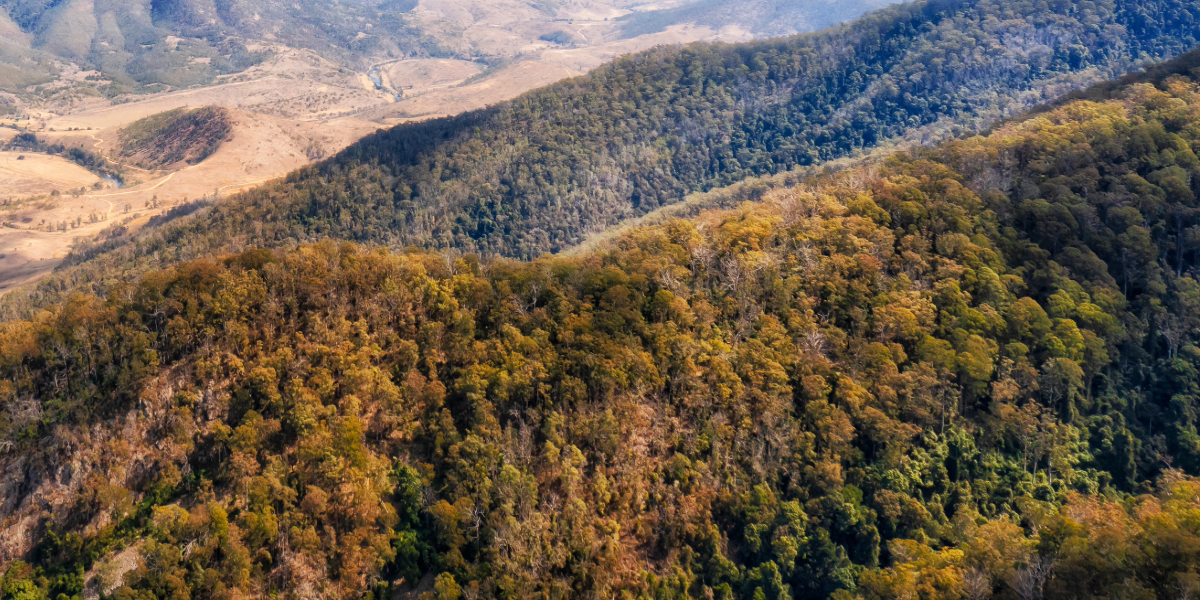Ending controversial native forest logging would boost manufacturing and jobs in Australia as well as protecting the environment, one of the nation’s most influential economists argues.
But the sector has hit back at claims native logging can be replaced, arguing the environmental impacts of the practice are overstated.
Former treasury secretary Ken Henry, now chair of the Australian Climate and Biodiversity Foundation, recommended the government invest $350 million to fully transition the industry from native logging to plantations in a paper released on Tuesday.
It promised the investment would help develop modular timber manufacturing, supporting Australia’s housing construction industry and reducing reliance on imports.
Australia uses modular components for just five per cent of housing construction, lagging northern Europe which uses it for 45 per cent of home building, delivering productivity and affordability benefits.
Dr Henry argued the native forest industry has not been an important supplier to the construction industry for decades.
“It has been an economic basket case for years, with large amounts of taxpayer money wasted on propping up the environmentally destructive native forest industry,” he said.
“It is time to end taxpayer handouts and market distortions for native forest logging and it is time to support and encourage the more economically rational and environmentally benign plantation industry.
“The plantation sector has been badly let down by the peak timber industry lobby which appears captured by the interests of the few remaining native forest loggers.”
But forestry peak body the Australian Forest Products Association says native forests can’t simply be replaced by plantations.
While plantations provide some of Australia’s hardwood timber needs, including woodchipping and some structural uses, native timber often can’t be substituted by plantation wood for appearance-grade applications like furniture.
Moves to ban the industry in Victoria and Western Australia have created a shortfall in supply, requiring Australia to import hardwood products from overseas, where practices were less sustainable, the association’s chief executive Diana Hallam said.
Dr Henry’s call comes after the Greens announced a plan to end native logging in NSW by offering the state government a $140 million per year incentive to help rehabilitate or transition native forest coupes to plantations.
Ms Hallam said the Greens’ position ignored the scientific evidence, sought to destroy the economic livelihoods of rural communities and would increase bushfire risks.
“They really should ask themselves how they’ll deal with decimated local communities and economies, dodgy imports and the hugely increased fire risks locked up forests create if they succeed,” she said.
The New England is home to some of the state’s largest reserves of timber, including the area between Walcha and Tamworth home to the largest source of Radiata Pine, and extensive native and plantation reserves of hard and softwoods across the region.
Advertising with New England Times is a cost effective and reliable way to reach New England locals who are interested and engaged. Find out more here.


